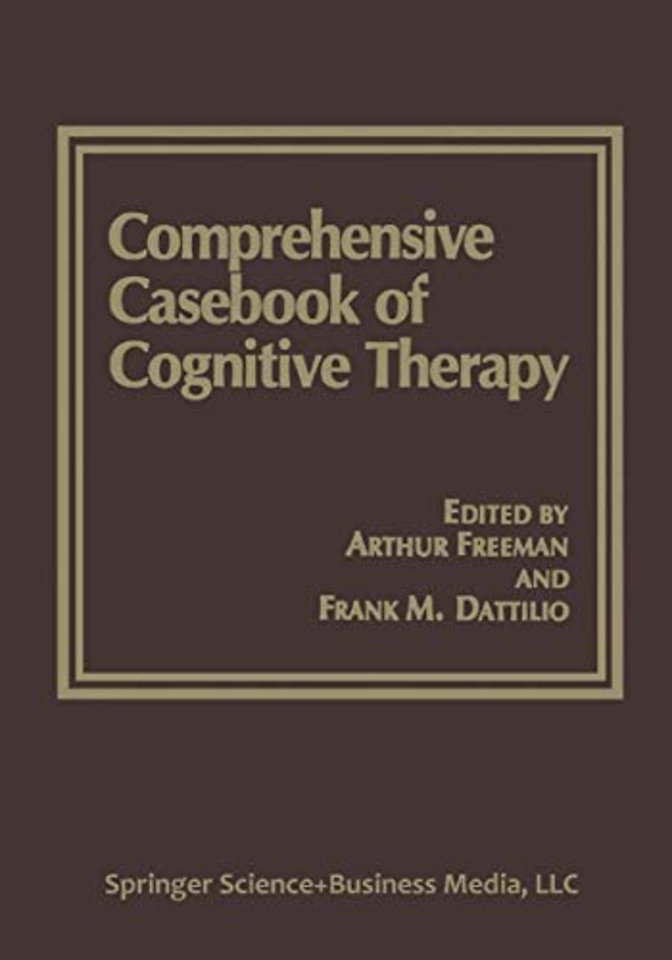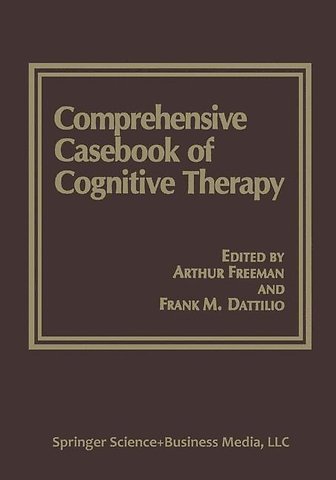Comprehensive Casebook of Cognitive Therapy
Gebonden Engels 1992 1992e druk 9780306440694Samenvatting
This is the golden age of cognitive therapy. Its popularity among society and the professional community is growing by leaps and bounds. What is it and what are its limits? What is the fundamental nature of cognitive therapy? It is, to my way of thinking, simple but profound. To understand it, it is useful to think back to the history of behavior therapy, to the basic development made by Joseph Wolpe. In the 1950s, Wolpe astounded the therapeutic world and infuriated his colleagues by finding a simple cure for phobias. The psychoanalytic establishment held that phobias-irrational and intense fear of certain objects, such as cats-were just surface manifesta tions of deeper, underlying disorders. The psychoanalysts said their source was the buried fear in male children of castration by the father in retaliation for the son's lust for his mother. For females, this fear is directed toward the opposite sex parent. The biomedical theorists, on the other hand, claimed that some as yet undiscovered disorder in brain chemistry must be the underlying problem. Both groups insisted that to treat only the patient's fear of cats would do no more good than it would to put rouge over measles. Wolpe, however, reasoned that irrational fear of something isn't just a symptom of a phobia; it is the whole phobia.
Specificaties
Lezersrecensies
Inhoudsopgave
Rubrieken
- advisering
- algemeen management
- coaching en trainen
- communicatie en media
- economie
- financieel management
- inkoop en logistiek
- internet en social media
- it-management / ict
- juridisch
- leiderschap
- marketing
- mens en maatschappij
- non-profit
- ondernemen
- organisatiekunde
- personal finance
- personeelsmanagement
- persoonlijke effectiviteit
- projectmanagement
- psychologie
- reclame en verkoop
- strategisch management
- verandermanagement
- werk en loopbaan

